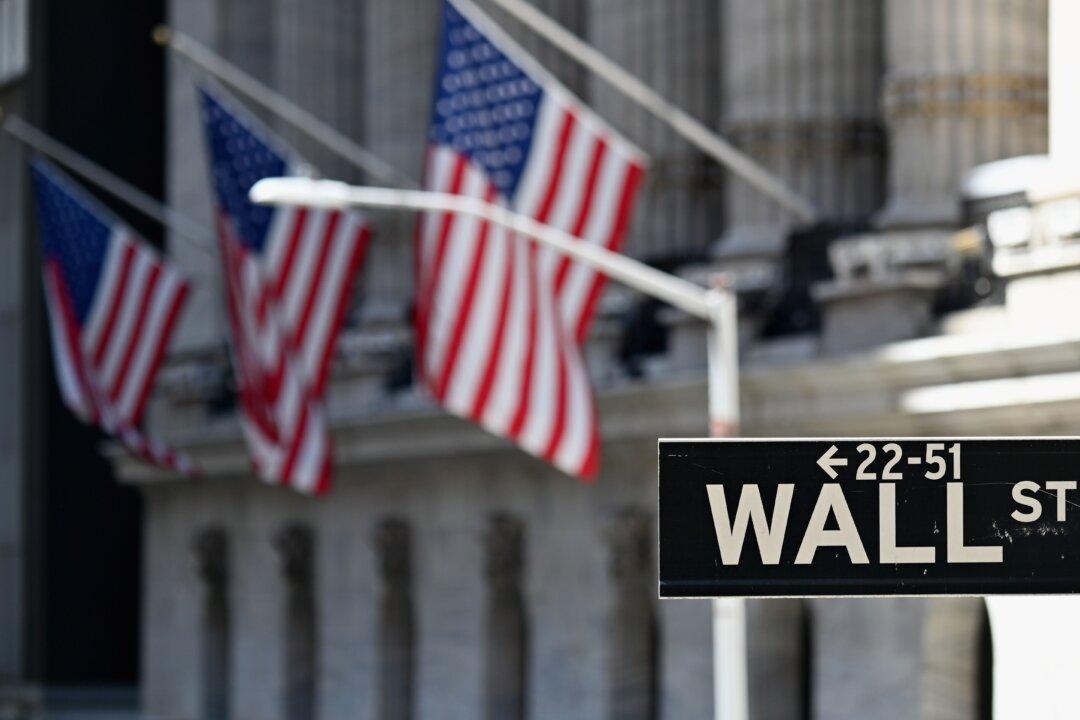WASHINGTON—The U.S. House of Representatives unanimously passed legislation on Dec. 2 that requires foreign companies trading on American exchanges to meet U.S. accounting standards, a move that would end preferential treatment given to Chinese companies. The bill will now head to President Donald Trump’s desk to be signed into law.
The measure called the Holding Foreign Companies Accountable Act will block Chinese companies from the U.S. stock market if they refuse to be transparent and play by the same rules that U.S. businesses are held to.





